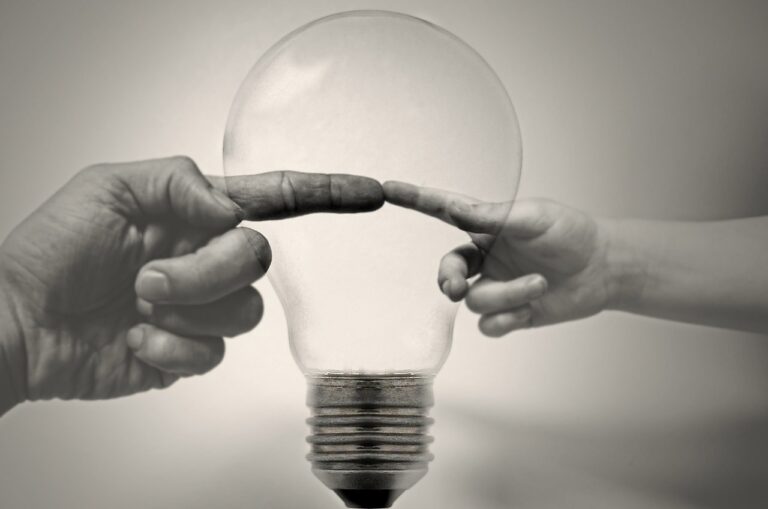The Role of Watches in Science: Betsbhai9, Radha exchange, Lotus 365 login
betsbhai9, radha exchange, lotus 365 login: Watches play a crucial role in science, helping researchers and scientists keep track of time during experiments, observations, and data collection. At first glance, a watch may seem like a simple accessory, but its precision timing capabilities are invaluable in various scientific fields.
**Keeping Time in Experiments**
In the world of scientific research, time is of the essence. Experiments often require precise timing to record data accurately. Whether measuring the rate of a chemical reaction, tracking the growth of bacteria cultures, or observing the behavior of animals in a controlled environment, scientists rely on watches to ensure that their observations are timed to perfection.
**Monitoring Variables**
In fields like astronomy and meteorology, watches are essential tools for monitoring variables over time. Astronomers use watches to track the movement of celestial bodies and calculate their positions accurately. Meteorologists rely on watches to record weather data at specific intervals, helping them predict patterns and trends.
**Synchronization in Collaborative Research**
In collaborative research projects involving multiple scientists or research teams, watches come in handy for synchronizing activities. By ensuring that everyone is working on the same timeline, watches help maintain consistency in data collection and analysis. This is especially crucial in fields like astrophysics, where simultaneous observations from different locations are required.
**Precision Timing in Fieldwork**
Scientists conducting fieldwork in remote or challenging environments depend on watches to stay on schedule. Whether studying wildlife behavior in the jungle, collecting samples in the desert, or monitoring seismic activity in remote regions, researchers rely on watches to coordinate their activities and ensure that data collection is carried out efficiently.
**Data Logging and Analysis**
Modern watches offer advanced features such as timers, alarms, and stopwatch functions, making them valuable tools for data logging and analysis. In laboratory settings, scientists use watches to record the duration of experiments, measure reaction times, and track the progression of events. Watches with built-in sensors can even collect data on variables like heart rate, which can be useful in medical research.
**Time Management**
Beyond its technical utility, a watch is a symbol of time management and discipline in the scientific community. Scientists understand the importance of managing their time effectively to meet deadlines, prioritize tasks, and achieve research goals. A watch serves as a constant reminder of the value of time and the need to stay focused and organized in their work.
**FAQs**
**1. Are digital watches more accurate than analog watches for scientific research?**
Digital watches are generally more precise in terms of timekeeping compared to analog watches. However, the choice between digital and analog ultimately depends on the specific needs of the research task.
**2. Can smartwatches be used in scientific experiments?**
Smartwatches with advanced features like GPS tracking, heart rate monitoring, and data logging can be valuable tools in scientific experiments, especially in fields like sports science and healthcare.
**3. How do atomic clocks contribute to scientific research?**
Atomic clocks are highly accurate timekeeping devices that are used as reference standards in scientific research, particularly in fields like physics, astronomy, and telecommunications.
In conclusion, watches play a multifaceted role in science, facilitating precision timing, data collection, collaboration, and time management in various scientific disciplines. As technology continues to evolve, watches will undoubtedly remain indispensable tools for scientists seeking to unravel the mysteries of the natural world.







